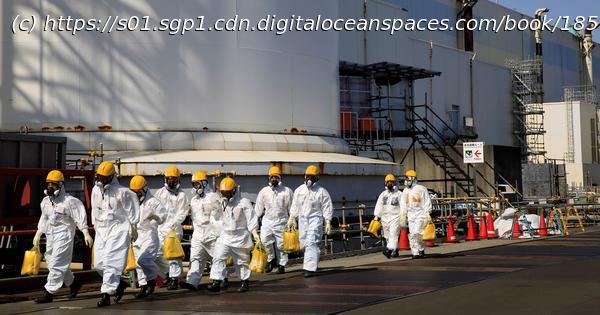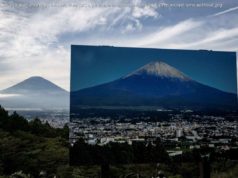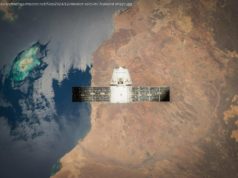An expert explains why this might be the best option.
Over ten years ago, a tsunami triggered a disaster at the Fukushima Daiichi Nuclear Power Plant on Japan’s east coast. After the accident, large amounts of radioactivity contaminated the ocean leading to the imposition of a marine exclusion zone and huge reputational damage to the regional fishing industry.
Huge volumes of contaminated water have accumulated on the site since. Water was needed to cool the damaged reactors and groundwater that became contaminated as it infiltrated the site had to be pumped out and stored. Over 1,000 tanks have been built on site to store over a million tonnes of radioactive water.
But the site is running out of storage space and the tanks could leak, particularly in the event of an earthquake or a typhoon. So the Japanese authorities have given the site permission to release the stored radioactive water through a pipeline to the Pacific Ocean.
As an environmental scientist, I have worked on the impacts of radioactive pollutants in the environment for more than 30 years. I think that releasing the wastewater is the best option.
Before it is stored, the wastewater produced at Fukushima is treated to remove almost all of the radioactive elements. These include cobalt 60, strontium 90 and caesium 137. But tritium – a radioactive form of hydrogen – is left behind.
When one of the hydrogen atoms in water is replaced by tritium, it forms radioactive tritiated water. Tritiated water is chemically identical to normal water, which makes separating it from wastewater expensive, energy intensive and time consuming. A review of tritium separation technologies in 2020 found that they are unable to process the huge volumes of water required.
But as radioactive elements go, tritium is relatively benign and its existence as tritiated water reduces its environmental impact. Chemically identical to normal water, tritiated water passes through organisms like water does and so does not strongly accumulate in the bodies of living things.
Home
United States
USA — Japan Why Japan is right to release radioactive water from Fukushima into the...






![Miejskie obchody Narodowego Dnia Niepodległości [ZDJĘCIA]](http://nhub.news/wp-content/uploads/2024/11/thumb4ed5d601e2eb18925770b6081b96ba68-100x75.jpeg)